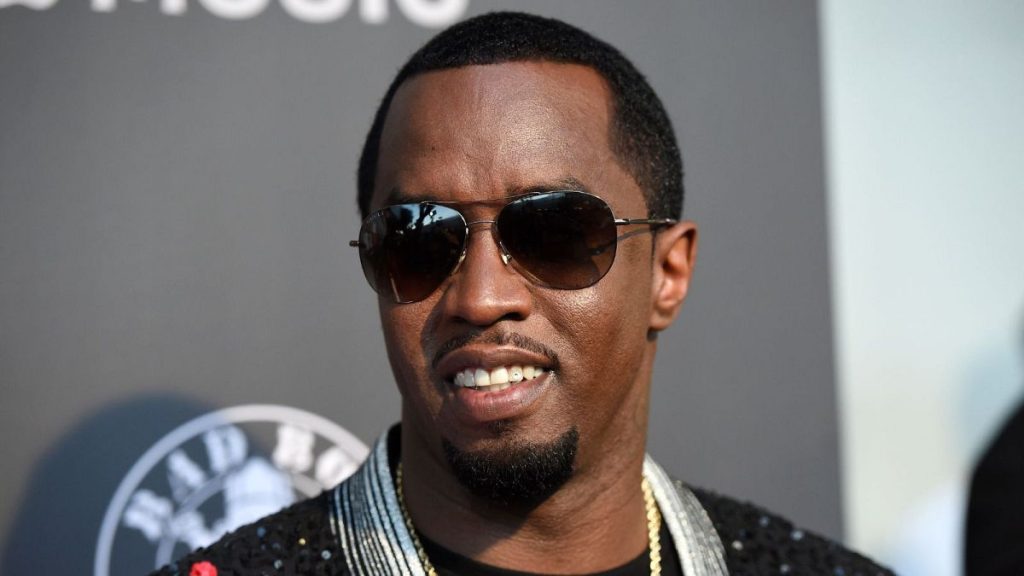Sean “Diddy” Combs, the renowned hip-hop mogul and founder of Bad Boy Records, finds himself embroiled in a series of disturbing allegations, facing accusations from three men who claim he drugged and raped them. These accusations, filed in the form of anonymous lawsuits in a New York state court, add to a mounting wave of legal challenges against Combs, who is already battling federal sex trafficking charges. The narratives presented by the accusers paint a grim picture of manipulation and exploitation, alleging that Combs leveraged his wealth and influence to create environments conducive to assault.
The first accuser details an encounter in 2020 at Combs’ suite in the InterContinental hotel in Times Square. The man, a longtime employee of Combs, asserts that he was drugged and subsequently raped during a meeting ostensibly arranged to discuss outstanding payments. The second accuser recounts a similar experience in 2019, describing an invitation to an afterparty at Combs’ Park Hyatt hotel suite following a meeting at a Manhattan nightclub. This man claims he was also drugged and raped, recalling a struggle to resist before losing consciousness. He further alleges that he was paid $2,500 after the assault by an individual who had been recording the incident. The third accuser alleges a more complex scenario, claiming he was drugged and raped by Combs and associates from his record label during a 2020 summer party at Combs’ East Hampton mansion.
These recent lawsuits amplify the existing federal charges against Combs, which accuse him of coercing and abusing women over a period of years. Prosecutors in the federal case allege that Combs employed a network of associates and employees to orchestrate drug-fueled sexual performances, referred to as “Freak Offs,” involving male sex workers. The indictment further claims that Combs used intimidation and violence, including kidnapping, arson, and physical assaults, to silence his victims and maintain control.
Thomas Giuffra, the attorney representing the three men in the recent lawsuits, contends that Combs strategically used his power and affluence to exploit his accusers and subsequently enforced their silence through threats and the cultivation of fear. Giuffra frames the lawsuits as a critical step towards empowering the alleged victims, offering them an avenue to reclaim their dignity and agency after enduring years of silent suffering. He emphasizes the importance of providing survivors with a platform to voice their experiences and hold their alleged abuser accountable, regardless of the perpetrator’s wealth or status.
Combs’ legal team vehemently denies the allegations, dismissing the lawsuits as fabrications riddled with falsehoods. They have vowed to rigorously challenge the claims in court and pursue sanctions against the lawyers involved, asserting that the lawsuits are motivated by unethical conduct and a desire to exploit the legal system for financial gain. This sets the stage for a complex and potentially protracted legal battle, with both sides firmly entrenched in their respective positions. The outcome of these cases will significantly impact Combs’ reputation and future, potentially resulting in severe consequences if the allegations are proven in court.
The accusations against Combs represent a disturbing pattern of alleged abuse of power and exploitation within the entertainment industry. These cases, like others involving high-profile figures, underscore the importance of believing and supporting survivors of sexual assault and holding perpetrators accountable, irrespective of their social standing or influence. The legal proceedings will undoubtedly attract significant public attention, serving as a reminder of the pervasive nature of sexual assault and the need for continued efforts to combat it. The courts will ultimately determine the veracity of the claims, but the allegations alone cast a long shadow over Combs’ legacy and raise serious questions about the culture of silence and complicity that can enable such alleged abuses to occur.














